Progress Report Concludes Three-Year Workplan
The City of Portland has reached a significant milestone in its fight against climate change. The Portland Bureau of Planning and Sustainability recently released its third and final Progress Report on the city’s Climate Emergency Workplan, a three-year strategy designed to advance climate action through 47 prioritized measures.
The report highlights achievements made since the plan was launched, while also underscoring the steep road that lies ahead. With 2030 and 2050 carbon-reduction goals looming, city leaders acknowledge that success will require discipline, resilience, and expanded community engagement.
Achievements and Lessons Learned
According to the Progress Report, Portland has made tangible progress in reducing carbon emissions and embedding sustainability within city operations. The city expanded access to renewable energy programs, invested in public transit electrification, and increased community outreach to support households most affected by climate impacts.
Vivian Satterfield, Portland’s Chief Sustainability Officer, stressed the importance of staying the course.
“The tools and knowledge are in place, but it’s going to require more discipline and hope to fully realize our climate goals,” she said.
The report also acknowledges disruptions caused by recent crises—from pandemic-related economic impacts to the intensifying effects of extreme weather—that slowed some initiatives. Still, the city sees the experience as proof of both progress and the urgency of scaling up action.
Climate Reality: Rising Risks Ahead
The urgency is reinforced by scientific forecasts that predict troubling climate scenarios. Experts project that the next five summers will likely set new heat records, while the world could surpass the critical 1.5 degrees Celsius threshold above pre-industrial levels as early as 2027.
For Portland, these forecasts are not abstract statistics. Residents have already endured unprecedented heatwaves, smoky skies from regional wildfires, and severe drought conditions. These experiences, the report notes, highlight the stakes of inaction and the importance of accelerating climate resilience efforts.
A New Chapter in Portland’s Climate Leadership
The conclusion of the three-year Climate Emergency Workplan does not mean Portland’s climate work is complete. Rather, city officials describe it as the beginning of a new chapter. With Portland transitioning to a new form of government, the upcoming establishment of the Sustainability and Climate Commission will provide fresh momentum and new opportunities for accountability.
“This moment invites Portland to lead with transparency and courage,” Satterfield told the bureau. The Commission is expected to oversee implementation of future climate strategies, ensure equitable distribution of resources, and hold city departments accountable for meeting their emission-reduction commitments.
The Road Ahead
Looking forward, Portland plans to sharpen its focus on several fronts:
-
Deepening carbon-emission cuts across transportation and buildings, two of the city’s largest sources of greenhouse gases.
-
Expanding resilience programs to help vulnerable communities cope with heat, wildfire smoke, and other climate impacts.
-
Integrating equity into all climate initiatives, ensuring that historically underserved groups benefit from clean energy, efficiency upgrades, and job opportunities.
City leaders stress that climate action must be both ambitious and inclusive, balancing scientific urgency with community-driven solutions.
Call to Action for Portlanders
The report makes clear that Portland cannot meet its goals through government action alone. Residents, businesses, and organizations all have a role to play—from reducing energy use and supporting sustainable transit to advocating for bold policy change.
While challenges remain daunting, city officials frame the work ahead as an opportunity rather than a burden. As Portland faces hotter summers, more severe wildfires, and mounting climate risks, the Progress Report aims to rally the community around the message that resilience and sustainability are achievable—if pursued with discipline and hope.

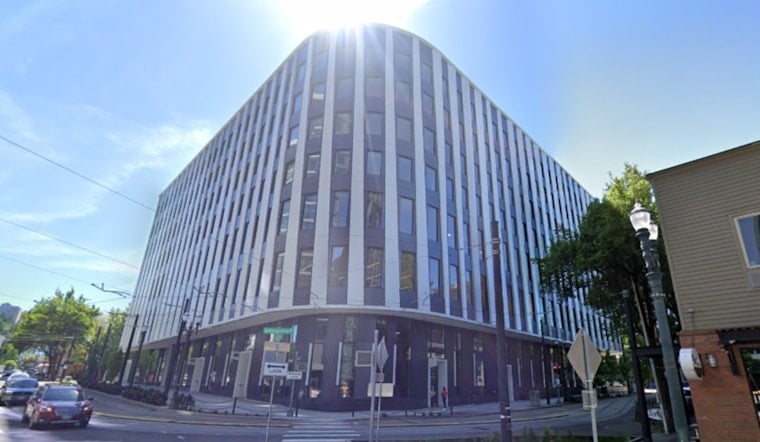
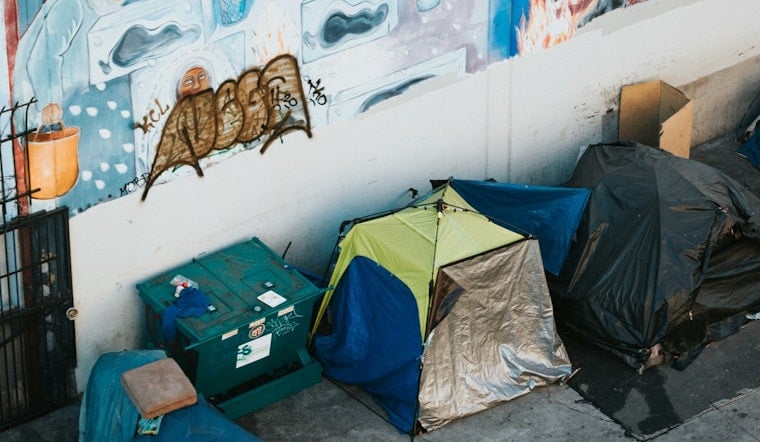
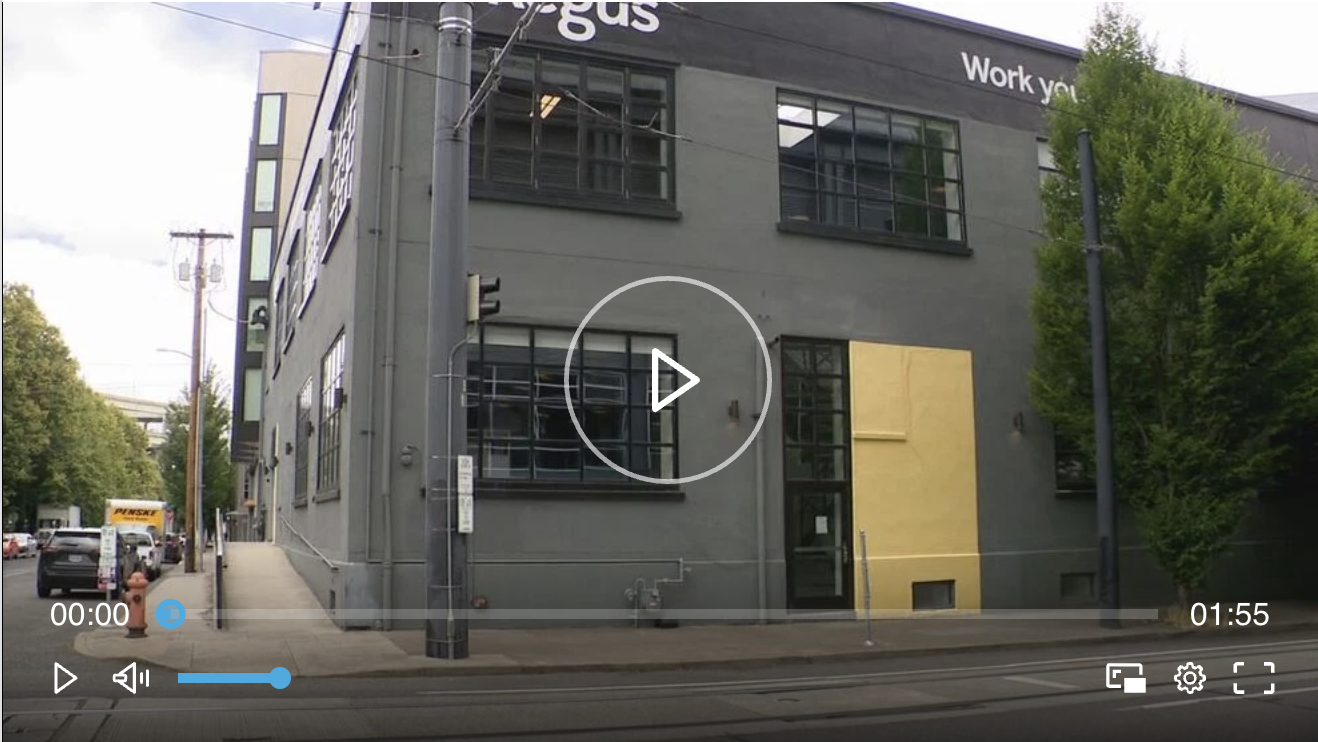
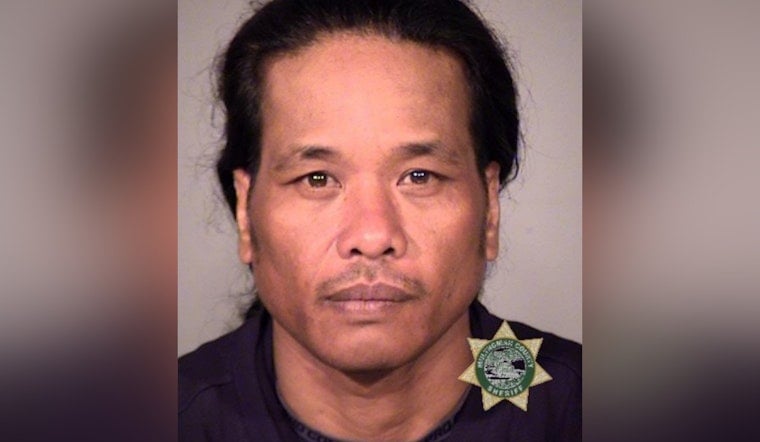
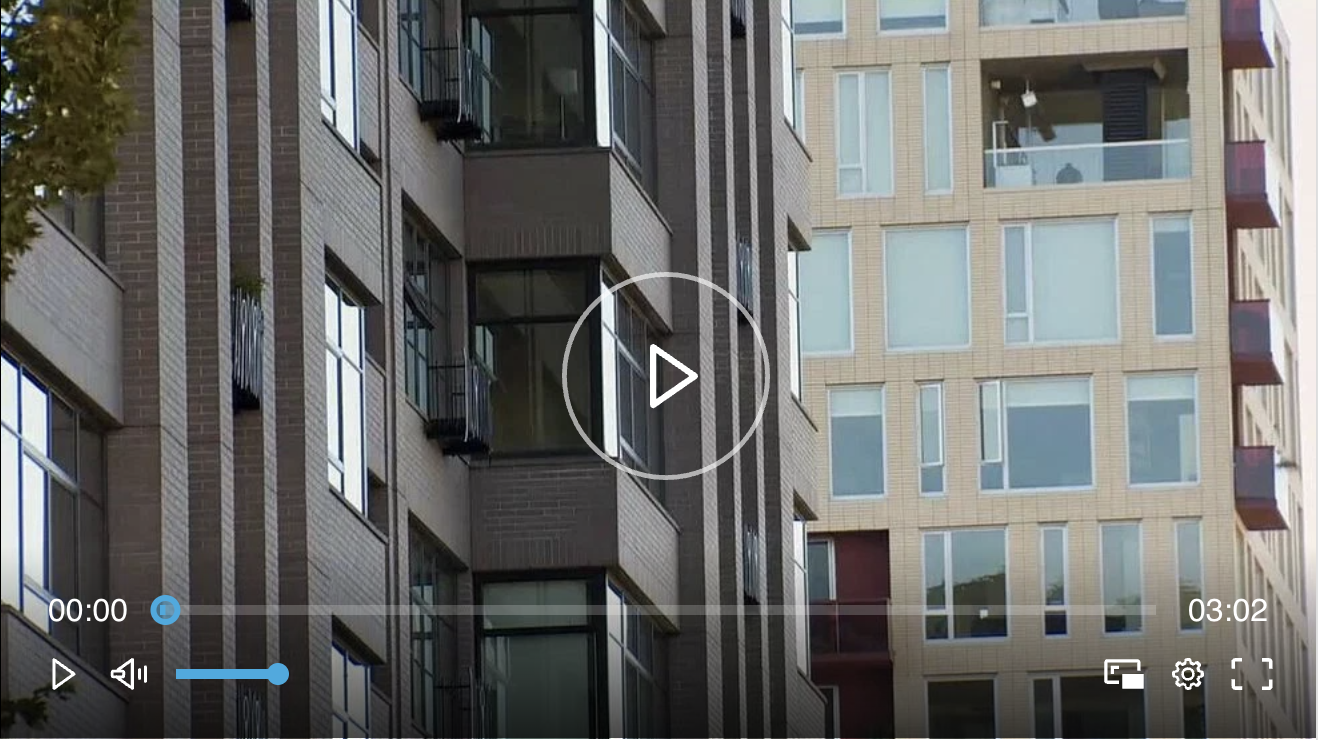
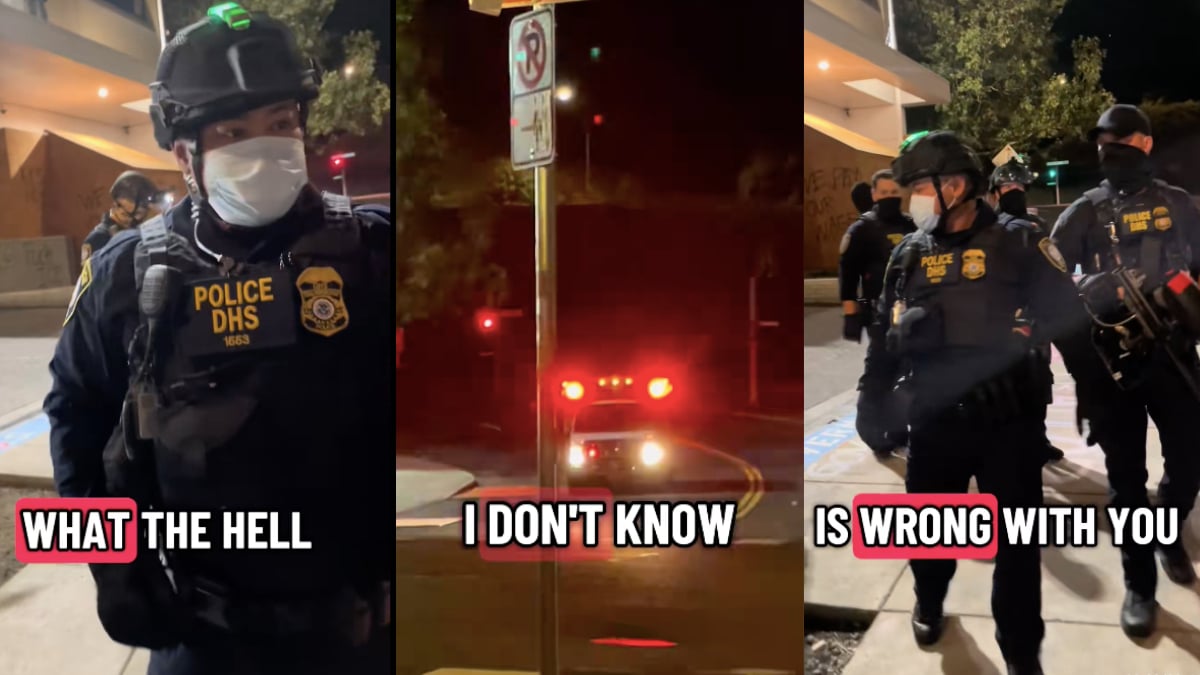
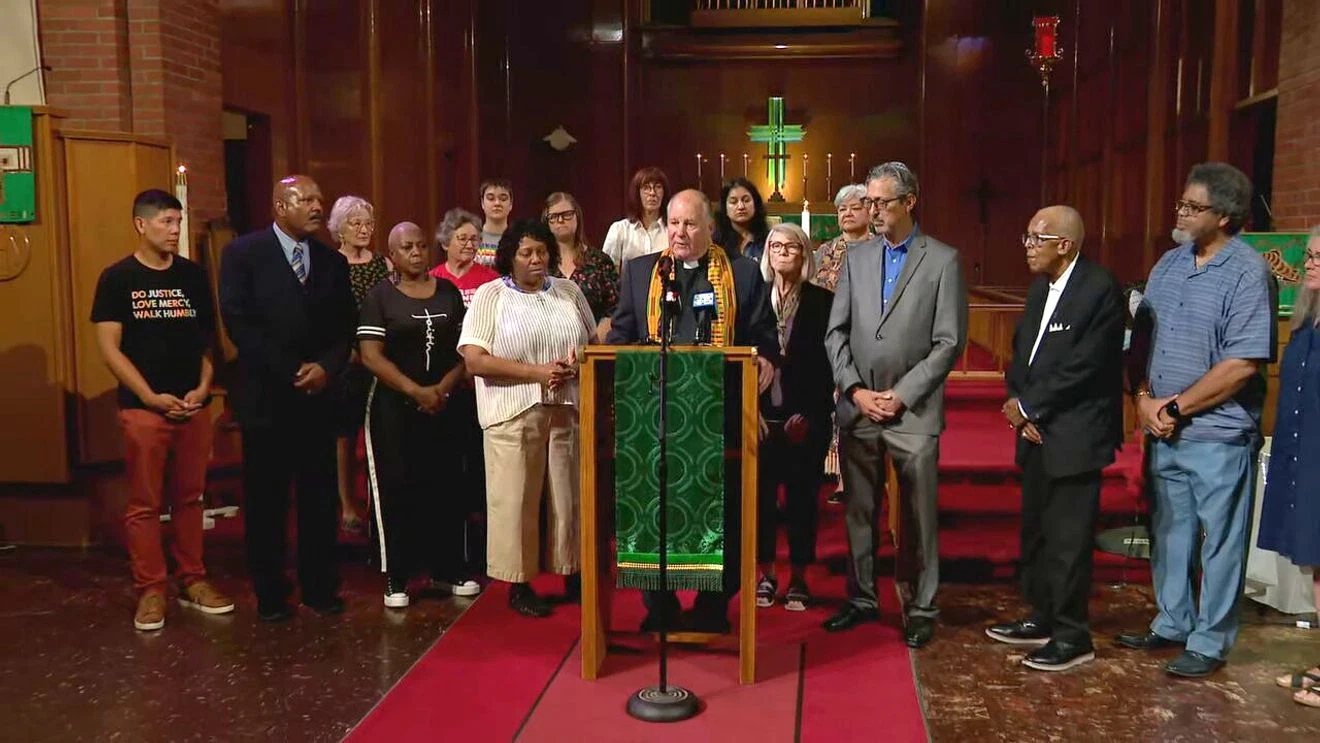
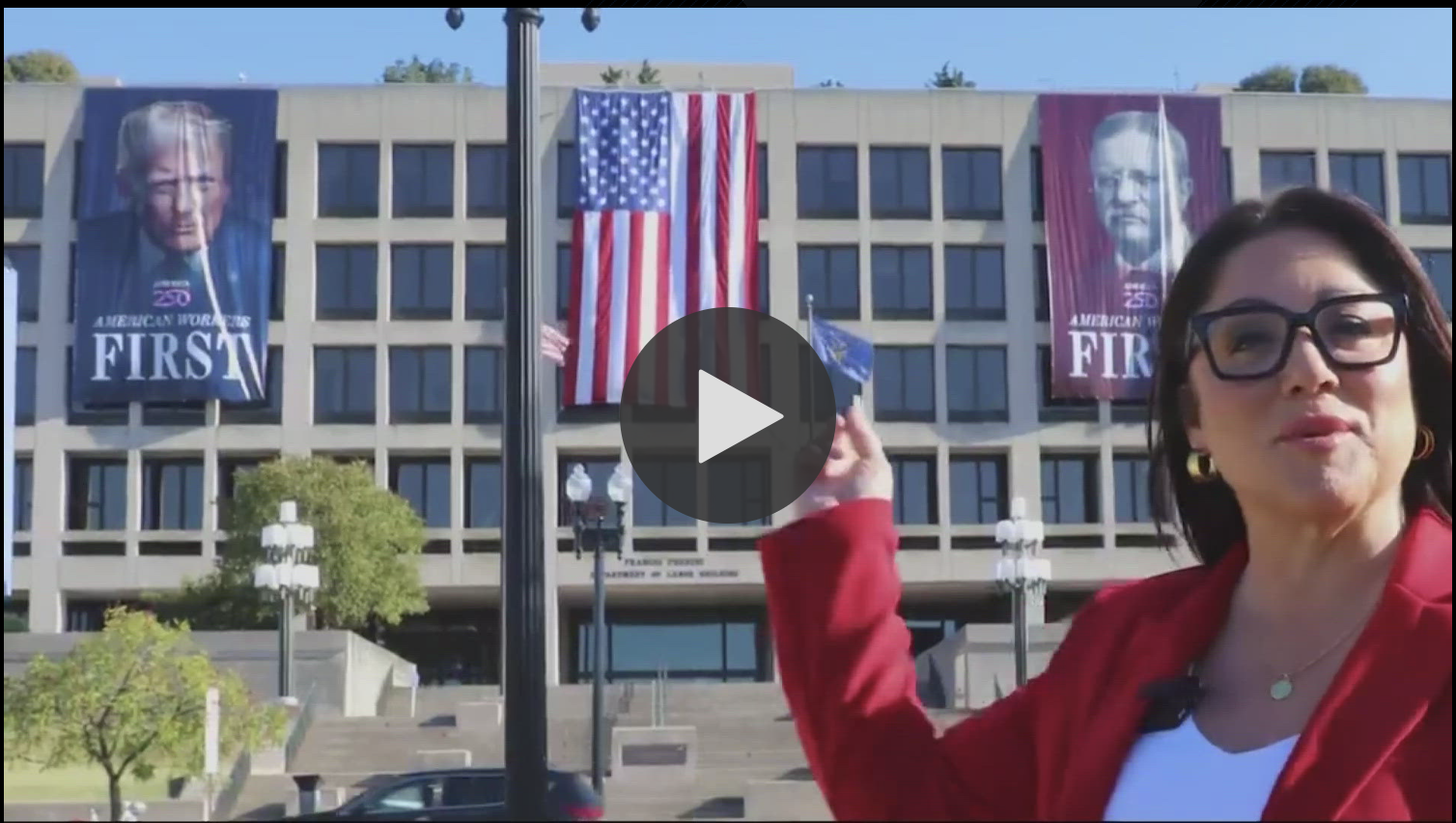


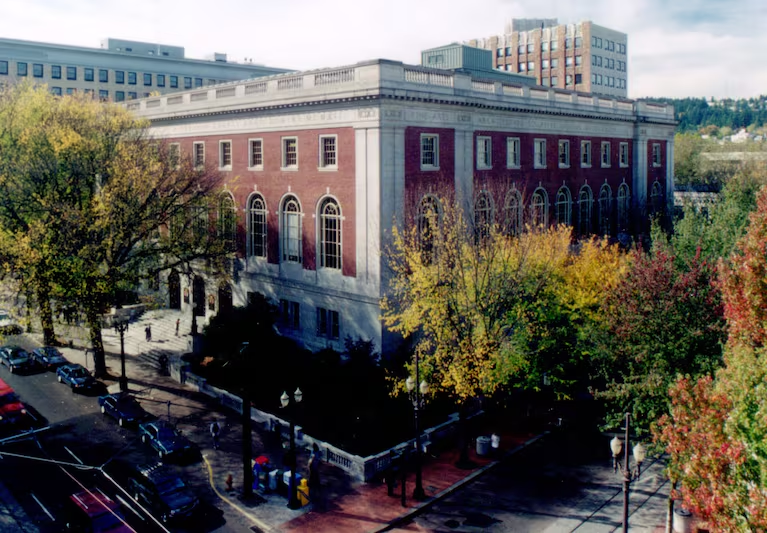
Leave a Reply